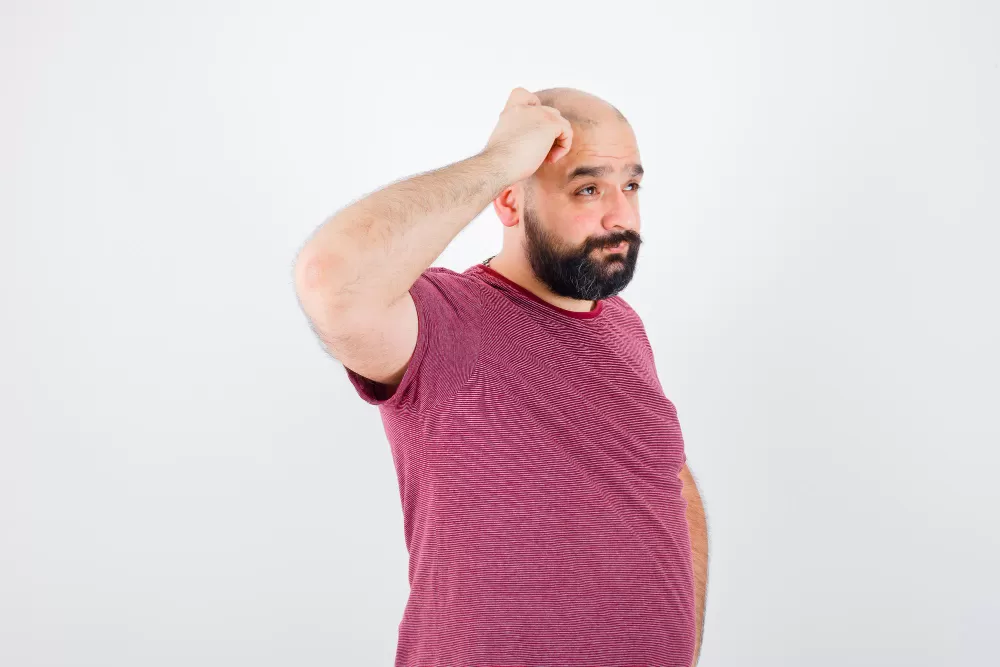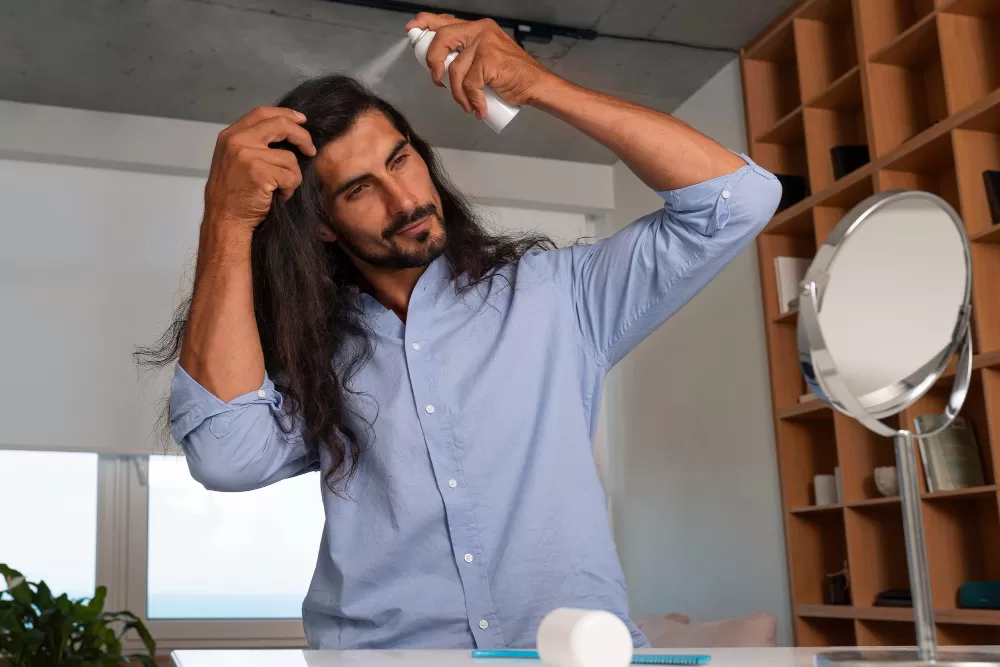Proper nutrition plays a crucial role in the recovery process after a hair transplant.
The procedure involves the relocation of hair follicles, which need time, nutrients, and oxygen to firmly anchor themselves and begin growing strong new hairs.
What you eat directly affects how well these follicles adapt, how quickly your scalp heals, and how healthy your new hair looks.
In this guide, we’ll explore the best foods to eat after a hair transplant, which ones to avoid, and how vitamins, minerals, and proteins contribute to the recovery process.
1. Why Post-Transplant Nutrition Matters
After a hair transplant, your scalp undergoes a healing phase where new hair follicles need optimal blood circulation and nutrient support.
A balanced and nutrient-rich diet boosts tissue repair, strengthens follicles, and speeds up overall recovery.
Poor nutrition, on the other hand, can slow healing, weaken hair growth, and increase the risk of graft loss.
2. Essential Nutrients to Include After a Hair Transplant
a) Protein – The Building Block of Hair
Hair strands are made primarily of a protein called keratin, making protein intake vital after surgery.
A diet rich in protein supports hair regeneration and helps transplanted follicles anchor firmly into the scalp.
Recommended protein sources:
- Eggs (whole)
- Chicken, turkey, lean beef
- Fish (salmon, tuna, mackerel)
- Greek yogurt, milk, cheese
- Lentils, beans, chickpeas
- Protein powder (if advised by your doctor)
Adequate protein ensures your body produces enough keratin and collagen for strong, healthy hair growth.
b) Vitamins – For Faster Healing and Growth
1. Biotin (Vitamin B7):
Promotes hair growth and prevents brittleness.
Sources: Eggs, almonds, walnuts, oats, avocados, sweet potatoes.
2. Vitamin C:
Boosts collagen production and enhances iron absorption.
Sources: Oranges, kiwi, strawberries, broccoli, bell peppers.
3. Vitamin D:
Supports the creation of new hair follicles. Natural sunlight is the best source, but supplements may help.
Sources: Egg yolks, salmon, tuna, fortified dairy products.
4. Vitamin E:
Improves blood circulation in the scalp, helping transplanted follicles receive more oxygen and nutrients.
Sources: Almonds, sunflower seeds, spinach, avocados.
c) Minerals – For Stronger, Healthier Hair
1. Zinc:
Crucial for tissue repair and hair follicle regeneration.
Sources: Pumpkin seeds, eggs, seafood, red meat.
2. Iron:
Facilitates oxygen delivery to the scalp and follicles.
Sources: Red meat, spinach, lentils, dried apricots.
3. Magnesium:
Helps manage stress and prevent hair shedding.
Sources: Bananas, almonds, oats, green leafy vegetables.
4. Omega-3 Fatty Acids:
Moisturize the scalp and improve hair elasticity.
Sources: Salmon, walnuts, flaxseeds, chia seeds.
3. Foods and Habits to Avoid After Hair Transplant
Certain foods and substances can slow recovery and increase inflammation.
Avoid the following, especially during the first two weeks after surgery:
- Fried and processed foods: May cause inflammation and poor circulation.
- Salty foods: Can worsen post-surgery swelling.
- Sugary snacks and drinks: Slow down wound healing.
- Alcohol: Thins the blood and delays tissue repair.
- Excess caffeine: Can cause dehydration and affect blood flow.
- Smoking: Reduces oxygen supply to follicles and may lead to graft loss.
Staying away from these for at least 10–14 days significantly improves healing.
4. Sample Daily Nutrition Plan
Breakfast:
Boiled eggs, whole-grain bread, cottage cheese, walnuts, and a glass of fresh orange juice.
Snack:
Greek yogurt with almonds.
Lunch:
Grilled chicken or fish, steamed vegetables, and brown rice or quinoa.
Snack:
Half an avocado or a banana.
Dinner:
Lean red meat or lentil stew, green salad with olive oil.
Before bed:
A glass of milk or kefir.
This daily plan ensures an optimal balance of protein, vitamins, and minerals to support healing and growth.
5. Are Supplements Necessary?
If your daily diet lacks variety, your doctor may recommend supplements to support recovery. Common options include:
- Biotin (5000 mcg/day)
- Zinc + Magnesium complex
- Omega-3 capsules
- Vitamin D3 + K2 combination
⚠️ These should only be taken under medical supervision, as unnecessary supplementation can burden your liver and kidneys.
6. Extra Tips to Boost Hair Growth
- Stay hydrated: Drink at least 2–2.5 liters of water daily.
- Reduce stress: Chronic stress raises cortisol levels, which can trigger shedding.
- Do light exercise: Gentle walks improve circulation without raising blood pressure.
- Consider PRP or mesotherapy: These treatments can strengthen new follicles.
Final Thoughts: Nutrition Is the Hidden Key to Hair Transplant Success
A successful hair transplant doesn’t end in the operating room — it continues with how well you take care of your body afterward.
A nutrient-rich diet filled with protein, vitamins, and minerals accelerates healing, boosts hair growth, and ensures long-lasting results.
Remember: a hair transplant is just the beginning, but consistent care and smart nutrition are what guarantee strong, thick, and healthy hair for years to come.





No comments yet. Be the first to comment!